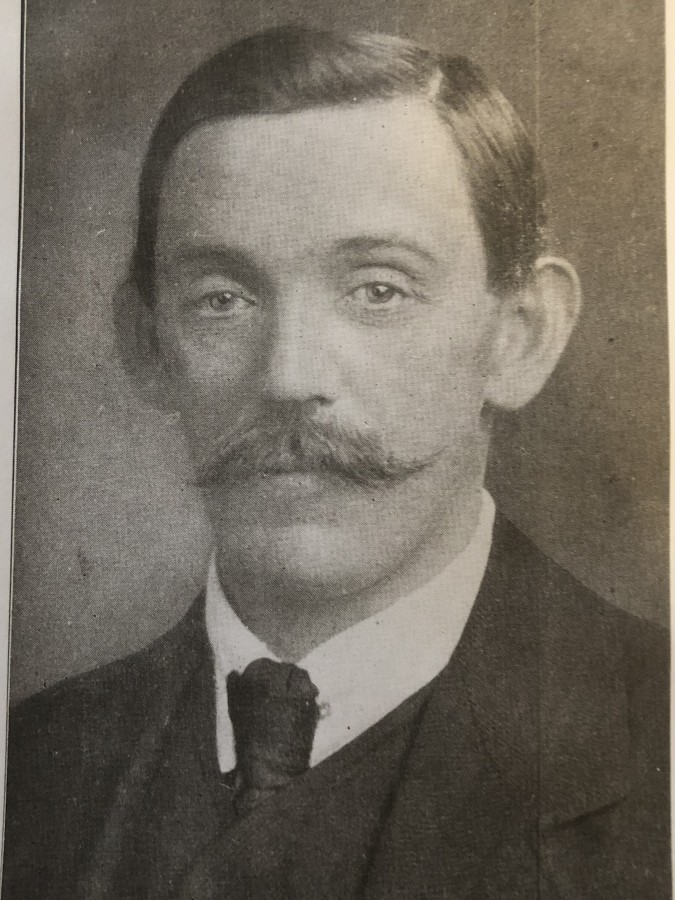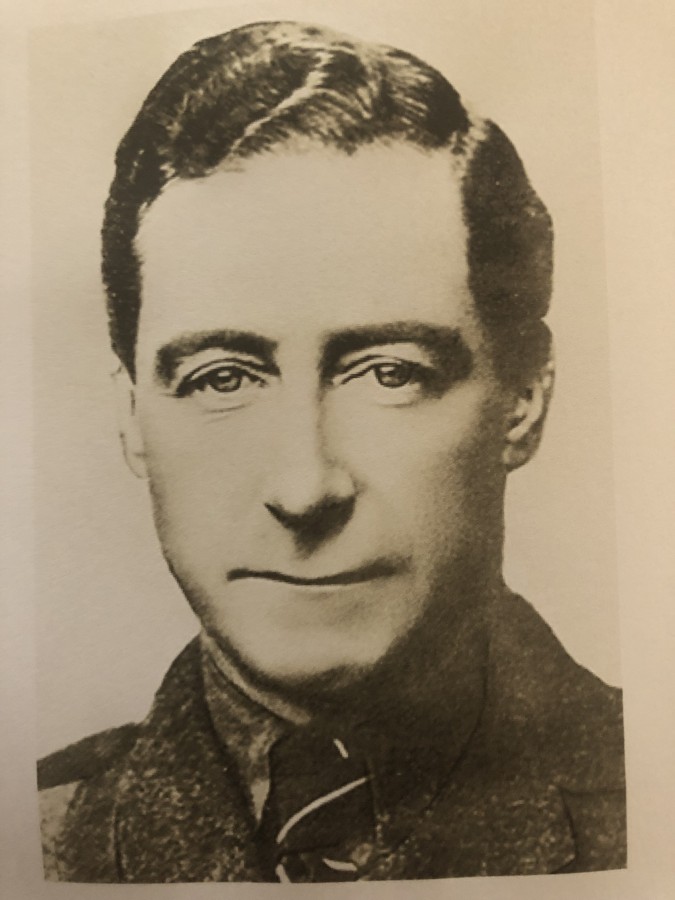
Kieran’s Our City, Our Town Article,
Cork Independent, 21 March 2019
Tales from 1919: The Fever Pitch of Politics
Mid-March 1919 coincided with support for Sinn Féin at fever pitch. In May 1918 Eamon DeValera had been re-arrested and imprisoned but in February 1919 he escaped from Lincoln Gaol, England. In April, he replaced Cathal Brugha as head of Dáil Éireann. In Cork the release of Tadgh Barry and Peadar O’Hourihane as political prisoners from British prisons led to vast public support on the streets whilst the visit of the Speaker of the new Dáil Éireann, Cathal Brugha brought a national vision to locations like the southern capital.
12 March 1919, Tadgh Barry and Peadar O’Hourihane arrived into the Glanmire Terminus (now Kent Station). Tadgh had spent ten months interned first at Usk and afterwards in Gloucester prison. Cork born he was a staff writer on the Cork Free Press (1910 to 1916) a paper which acted as a competitor to the Cork Examiner and its news stories on the Irish Parliamentary party. He later wrote for the Southern Star. Tadgh was a founding member of Sinn Féin in Cork and was a leading voice in the Cork branch of the Irish Transport and General Workers’ Union through their pamphlet Voice of Labour. He was a founding member of the Cork corps of the Irish Volunteers in 1913 and became an officer alongside Tomás MacCurtain and Sean O’Hegarty. He was interned arising out of false claims that he was involved in colluding with Germany (the German Plot) and planning another national rising.
Skibbereen native Peadar O’Hourihane, a Gaelic League activist for 17 years, had been interned in Birmingham Prison. He was a writer, poet, political activist and editor of the Southern Star. He was a staunch supporter of the Irish language and one of the founders of the Gaelic League.
On the evening of 12 March contingents of Irish Volunteers, Cumann na mBan, and Boy Scouts accompanied by five bands, marched to the terminus and escorted them to the Grand Parade where a public meeting was held. The station gates were closed with a large force of police being on duty inside the entrance. Only a number of friends of Tadgh and Peadar were allowed enter, which included Terence McSwiney. They proceeded to a wagonette in the station yard and were driven to the meeting place. Large crowds assembled along King Street (now MacCurtain Street), Bridge Street, St Patrick’s Street to a platform on the Grand Parade.
Tadgh Barry, who was enthusiastically received, said that had he had not done anything to deserve the reception given him. He congratulated Cork on the great advances it had made in the previous ten months and the news he received of the progress of the national fight in Cork made him prouder of his own rebel city. He congratulated Cork on the rescue of Donnacha McNeilus. He hoped that progress would be continued for they had a long way to go yet; “we have a big programme before us, but there is no fear of the future, and as the prison walls could not hold DeValera no more could England hold Ireland”.
Peadar O’Hourihane addressed the meeting in Irish and English. His focus was on the Irish language giving his view that the Irish language was necessary for the upbuilding of the nation and was a work of great importance for them all. In the local elections forthcoming at the time he called for as far as possible people to be selected and elected.
On 23 March 1919, Cork City Hall was filled to capacity when an address was delivered under the auspices of the Cumann Eamonn Uí Lortáin Sinn Féin by Mr Cathal Brugha, Speaker, Dáil Éireann. There was also a short musical concert at which the Irish Volunteer Pipers’ Band participated with range of local singers. Amongst those on the City Hall platform was Tomás MacCurtain who presided as well as Bishop Cohalan, Rev Father Cahalane St Finbarr’s West, Professor Stockley, Captain Collins, Thomas Dowdall, Terence McSwiney, Alderman Meade and Tadgh Barry.
Mr Brugha speaking in Irish said that although he was often in Cork that it was the first time addressing an audience in Cork City. He opened his speech commenting on the Irish language and calling for a concerted effort to save Irish in the Irish-speaking districts. “The language is the heart of the nation”; he noted. The future of Ireland, he detailed, was “dependent on the Peace Conference and American President Wilson’s call on the rights of small nations”.
Mr Brugha’s principal pitch at the meeting was the encouragement of Irish citizens to invest in the form of a new Irish Stock Exchange that Dáil Éireann wished to champion. In 1919 he noted no small Irish industries were quoted on the English Stock Exchange and that this “discouraged people making investments for they had difficulty in realising the value of their money as the industry was not quoted”. They intended to make use of the millions of money lying on deposit in Irish banks. Most of the money was invested out of Ireland. They had worked out a scheme to make use of the millions of pounds on deposit in Irish banks. They would ask the people to allow them the use of the money to invest. They would try to make a bargain with one of the banks and if they could not, they would start a bank of their own. When they got the use of the money they would give it out to “some competent people of good character” who would undertake to run or start Irish industries in the country.
Kieran is also showcasing some of the older column series on the River Lee on his heritage facebook page at the moment, Cork Our City, Our Town.
Captions:
989a. Tadgh Barry, c.1919 (source: Cork City Museum)
989b. Cathal Brugha, c.1919 (source: Cork City Library)
